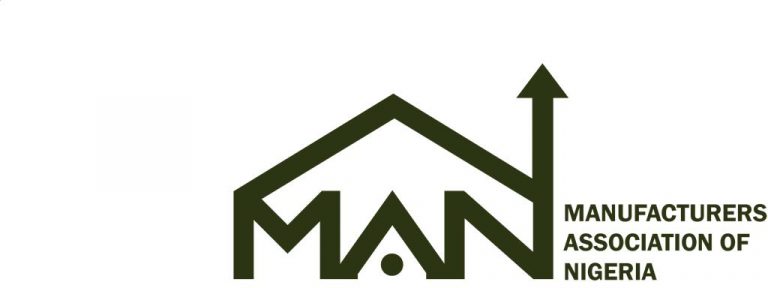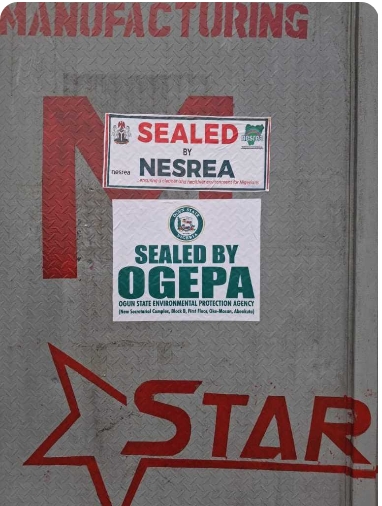Segun Ajayi-Kadir, the Director – General of Manufacturers Association of Nigeria (MAN) says the increase in the domestic petrol pump price is inevitable, given the writing on the wall.
” Right from the time fuel subsidy was either reduced or removed, it became inevitable that the price may rise. You will also note the sharp decline in the value of the Naira and the impact it is bound to have on the importation of fuel,” Ajayi-Kadir told journalists in Lagos, today.
He was reacting to the recent increase in price of petrol from ₦568 per litre to ₦855 per litre, being implemented across NNPC filling stations.
Ajayi-Kadir, said : “From what I can glean, the reasons for the increase are not far-fetched.
Globally, there is an increase in crude oil prices. Our refineries are not producing and we import fuel.
The increase in cost of crude oil will have direct impact on the cost of importing fuel into Nigeria and expectedly, the NNPC would at some point, adjust domestic prices.”
Impact on economy
So, in terms of what the impact might be and judging from what we have witnessed in the past, the cost of transportation may increase, and so would the prices of goods and services. As the cost of petrol rises, consumers will spend more on transportation and energy, leaving them with less disposable income.
This decrease in purchasing power may lead to reduced demand for non-essential goods and services, affecting businesses across various sectors.
These are pointers to the high possibility of a rise in inflation figures, impacting household budgets.
One is naturally worried about the impact on the already lackluster performance of the manufacturing sector. In particular, there is no doubt that it will add to production input and logistics costs. These will lead to higher prices and in the face of dwindling disposable income of the average Nigerian.
A further deep in consumer demand will see manufacturers’ unplanned inventory rising and reduction in capacity utilization.
Manufacturing performance would be negatively impacted. Businesses may need to adjust their pricing strategies, which could lead to reduced profit margins if consumer demand weakens. Small and medium-sized enterprises (SMEs), which often operate on thin margins, could be particularly hard-hit.
The increased costs could force some to scale down operations or even shut down if they are unable to pass on the additional costs to consumers.










